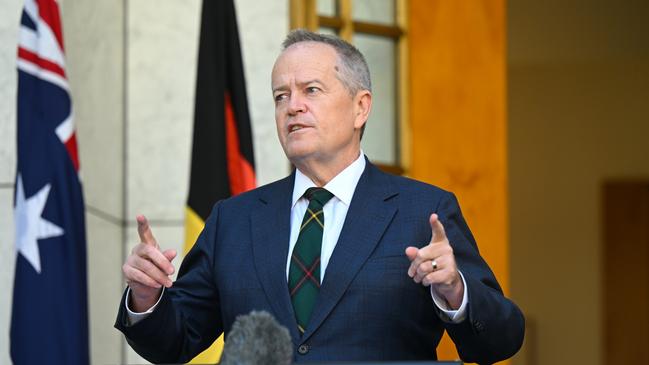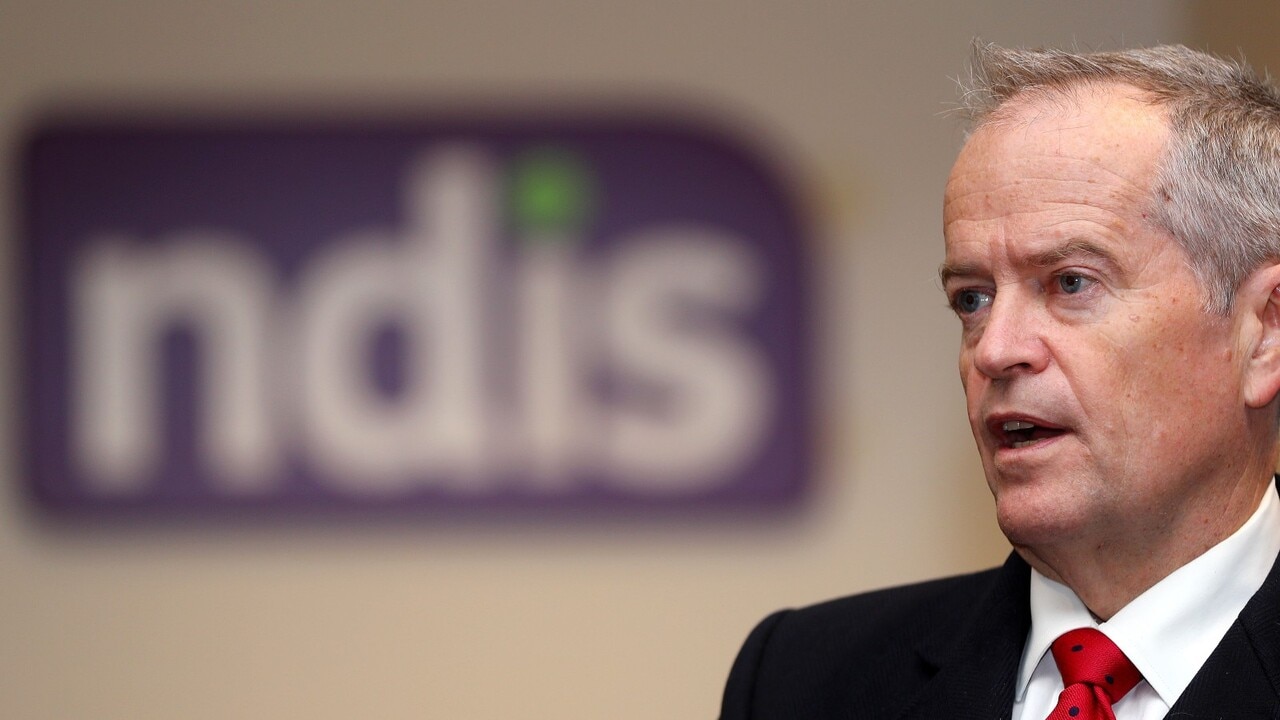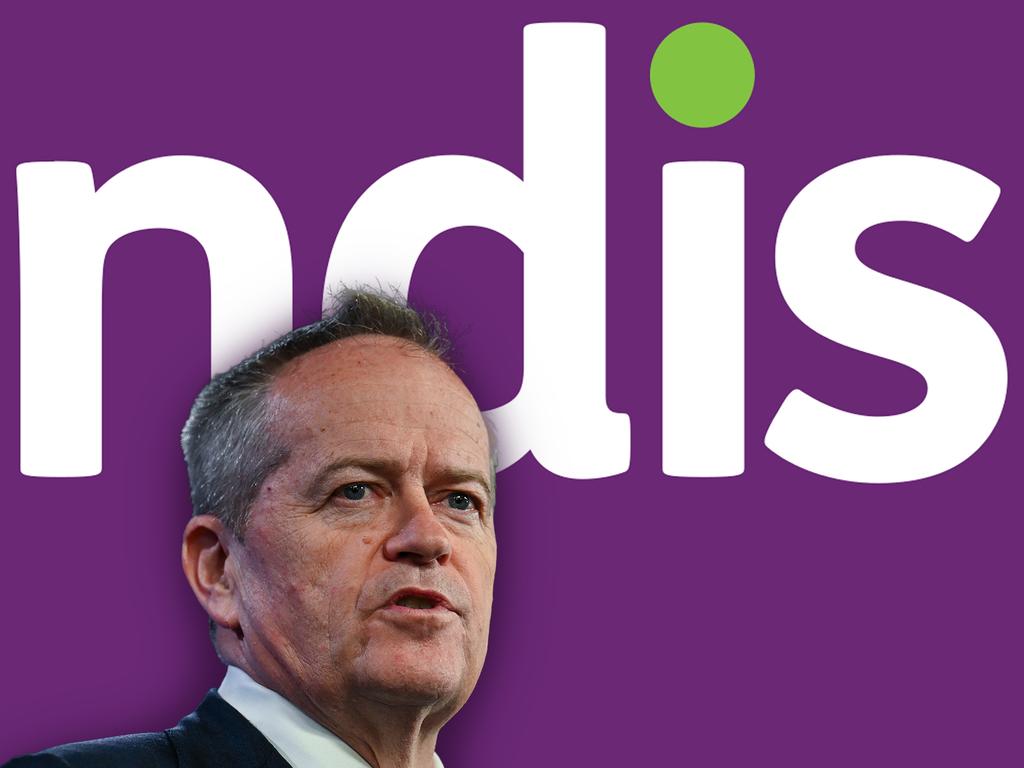Crystals, cuddle therapy, sex work and more to be banned from NDIS
Bill Shorten says changes to eligibility for the $40bn-a-year scheme will not happen until after the election, as he unveils the long-awaited list of approved services.

Outgoing NDIS Minister Bill Shorten has signalled changes to eligibility for the nation’s $40bn-a-year disability scheme will be a matter for his successor and are unlikely to be settled before the election, as the former Labor leader unveils the long-awaited list of approved services that participants will be able to access with their funding.
As part of the final list that carefully defines what is and is not considered an NDIS support, participants will from Thursday be banned from using their funding on sex work, drugs, alcohol, crystal therapy, cuddle therapy, reiki, life coaching and wilderness therapy, among hundreds of other items that have been sorted into 24 categories.
Those categories include food and groceries, clothing and beauty, travel and transport and others, with the government allowing for a one-year “transition period” to ensure participants aren’t penalised for simple mistakes or false claims under $1500.
The change comes ahead of foundation supports being rolled out for people with lower-level disabilities, which is due to begin from July next year.
Labor hopes to reduce the annual growth of the scheme to 8 per cent by mid-2026 as part of its aim to make the NDIS sustainable in the long term.
While Mr Shorten said on Tuesday he would do as much as possible in terms of reforming the scheme before his departure from politics in February, he noted some of the biggest changes to the program would take another year or more.
“We will do as much as we can before I go, and then what isn’t done by then will be done by the next person who picks up the baton,” he said on Tuesday.

Mr Shorten in August confirmed changes to NDIS eligibility would come “in conjunction” with a new system of health and education services for those with milder disabilities, known as foundational supports.
When asked when those reforms to eligibility would begin being looked at, Mr Shorten said that the process, which will include the development of a “needs assessment tool” that will assess a person’s disability and the necessary services their require, would take another 12 to 18 months.
“What we’ve done really in the last 2½ years, in particular the last few months of the legislation, is we’ve laid the tram tracks. We know the direction we’re going in,” he said.
Mr Shorten said Tuesday’s announcement of a formal list that clarifies what NDIS participants can and can’t spend their funding on was another important point of that reform journey, which is due to save the scheme $14bn over four years.
“This is another point; we now know what you can spend your money on and what you can’t spend your money on,” he said.
The list of transitional “rules” dictating what participants can use their funding on was unveiled after a draft list was released for consultation in August, with a number of changes made including moving “menstrual products” off the “luxury items” category and onto the “assistive products for personal care and safety” list for participants who need them.
Hair and nail care is also available for participants that have a “specific function and/or personal hygiene disability-related need”.
“The other thing which we list in the matters which the NDIS doesn’t support are things which should be paid for by other systems,” Mr Shorten said.
More Coverage









To join the conversation, please log in. Don't have an account? Register
Join the conversation, you are commenting as Logout